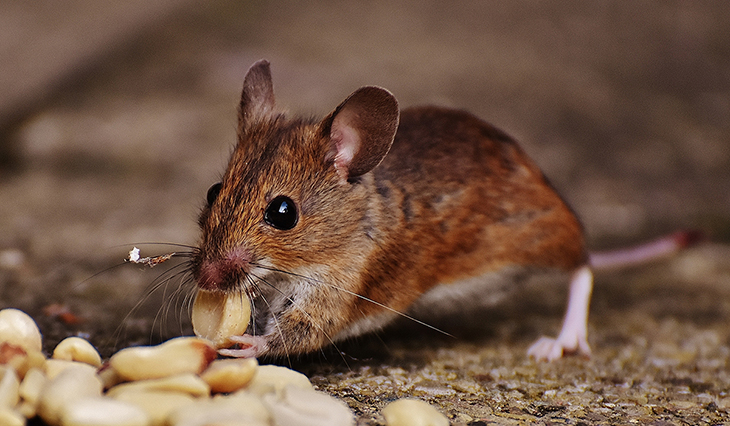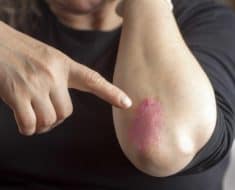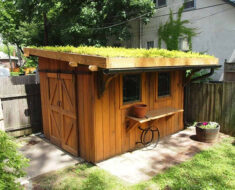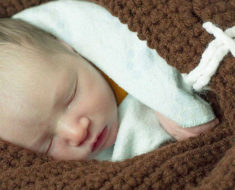
Copesan
There are many good rodent prevention tips available. Pests are becoming more and more resistant to products currently used to control them. The best solution is prevention.
- Get rid of bird feeders, fallen fruits and open garbage cans. Rodents can become used to large quantities of food, and they will seek out those sources.
- Establish a garbage can under the kitchen sink so that an animal cannot reach it.
- Be sure to keep pots, pans, dishes and food in tightly sealed containers for rodent prevention.
- Mice and rats will tunnel through plastic and wood to reach their food. Be sure all wooden cutting boards are properly cleaned and sterilized.
- Seal areas that are not being used by storing them with food-proof plastic such as ziploc bags.
- Animals can be attracted by the smell of food or food wrappers, so store all such items in the freezer or refrigerator.
- Reduce the risk of having a large number of mice or rats in the house by closing off pet food and water bowls.
- Make sure that trash cans and recycle bins are accessible for pickup. Remove or cover food and water sources so that you don’t attract wildlife to your property.
- Don’t put trash in dumpsters or other receptacles on the ground.
- Recycle leftovers in the cans or boxes, instead of in cardboard trays or bags.
- Have a pest-control professional come on a monthly basis to trap, relocate or treat all types of rodents and other pests in your home.
- Remove bird feeders when all birds have left the area. You’ll get a better chance at identifying the animals that live in your yard and the damages they caused.
Special Advice for Residents:
If you see or hear of rodents, put rodent-proof lids on all food-contaminated food. You can use heavy-duty metal lids. You can try putting these lids in place on the cupboard or in the fridge. If the cupboard is old, drill a hole through the bottom of the cupboard or use an extra-large safety lid.
Your local animal control agency, pest control company or homeowners’ association should have details about how to remove food from the premises. A pest control company can also provide rodent bait to place in the cupboards where rodents may consume them.
For rats:
Seal up cupboards and other areas that may be suitable for rats to get food. Remove and clean the countertops in your kitchen and dining room. Rotate your cutting boards. Keep kitchen scraps in covered garbage containers or sealed plastic bags. Store pet foods in closed pet food dispensers or on shelves in sealed boxes. Keep your trash cans covered with tight-fitting lids. Store garbage cans on an extension ladder or in a shed.
For mice:
Get rid of food, water and droppings in your home. Leave food and water at least four feet from the perimeter of the home and away from the foundation of the home. Put pet food away from the area where you eat. Store garbage cans in well-ventilated areas.
For squirrels:
Hide bird feeders inside or under cover. Place other feeders away from trees and shrubs, away from bird feeders. Set up hummingbird feeders outside and away from trees and shrubs. Replace suet and peanut feeders regularly. Make sure all your bird feeders and suet cages are large enough for any birds you feed.
For voles:
Stack up your yard waste and put away seed, fruit and nuts. Cut fruit that’s ripe or has a bad smell before putting it out. Pile leaves on your patio or garden and cover with a tarp.
For chipmunks:
Clean up leaves and brush. Use rodent-proof bird feeders. Place pet food in covered bowls with tight-fitting lids. Store bird seed, suet and peanut feeders away from trees and shrubs.
All these tips will help you a lot in order to get rid of rodents.









































